Recent times have shown a dramatic shift in the understanding and practice of tourism. From the early 1970s, the world witnessed a gradual apprehension and consciousness about the environment, its conversation, and sustainability. This growing understanding resulted in an open demand for more humane and ethical ways of conducting exploration of the planet. Such a demand also gave rise to the movement for ecotourism. Ecotourism highlights a positive and healthy interaction of human beings interested in exploring and wandering through nature while imparting a beneficial or at least no harmful influence on the environment.
The rise of ecotourism is a decline and refusal of traditional practices of tourism and exploration. Adventurers of the present time are not only interested in witnessing the beauty of nature and reconnecting with wildlife. Rather, they are equally interested in safeguarding biodiversity and natural habitats of various species and preserving the cultural heritage of such places. This consciousness did not come from a philosophical understanding but rather the growing scientific understanding and resulting awareness pointed out the fragility and sensitivity of the Earth. This growing scientifically backed data created a desire in adventurers to engage with nature positively for sustainable existence.
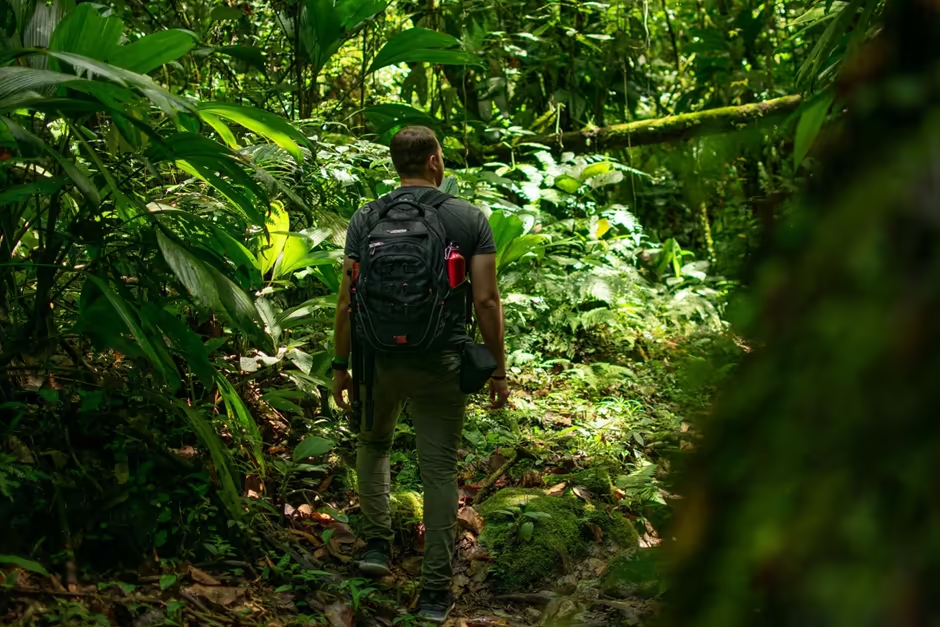
In the preceding blog, we will delve deep into the understanding of ecotourism. While exploring its benefits, practical tips for planning trips that are sustainable will also be given. So pack your bags, and join us on the journey that will show the future of tourism.
Ecotourism Demystified: A Closer Look at Its Principles
Ecotourism is more than a buzzword, it consists of two words, “eco” means not harmful to the environment, and “tourism” means traveling to places for enjoyment and learning purposes. At its essence, ecotourism is not a new name for traveling and vacation. Where conventional tourism was primarily aimed at profit maximization and convenience of adventurers, ecotourism encompasses a philosophy that demands minimizing the negative impacts of tourism while enhancing the positive outcomes for both the natural sites and the local inhabitants. It places stress on conservation and sustainability, education, and cultural exchange that can empower the local communities.
The benefits of ecotourism should not be seen merely as limited to individual adventurers. Rather it plays an essential role in protecting and safeguarding endangered species and ecosystems. Moreover, when economic compensation or incentives are offered to the local community for conversation, they become more eager and protective of their surrounding environment as it becomes a source of income for them. Such sustainable travel ideas can also bring about cultural harmony, love, and understanding between the adventurers and the indigenous people. Activities like this also open learning and education opportunities for both parties.
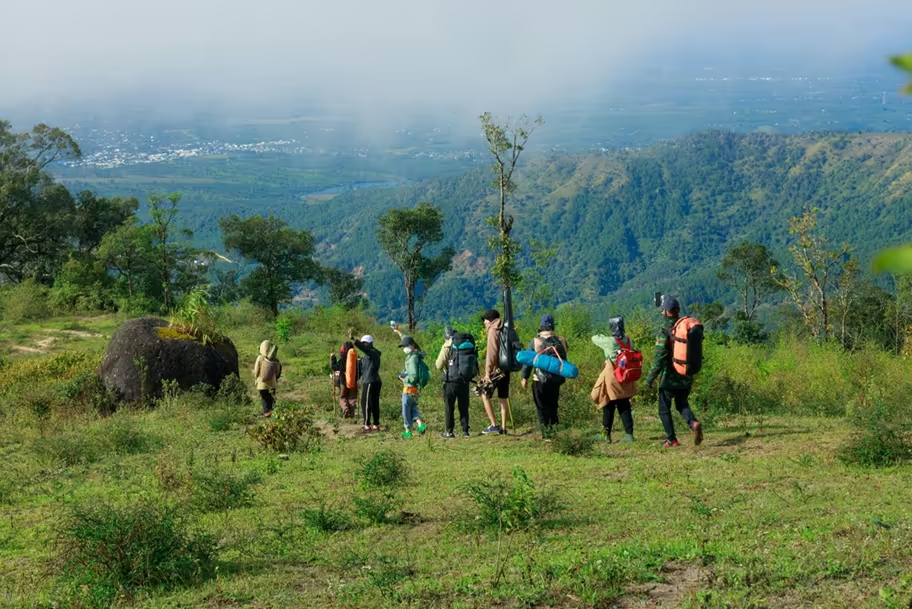
Case Studies: Success Stories of Ecotourism
There are many success stories of ecotourism across the globe that have maintained not only practices of sustainable travel but also encouraged harmony between adventurers and locals. We have taken two prominent cases to illustrate our point for the blog:
- Consider the example of the gorilla trekking exploration mission lying at the heart of Rwanda’s Volcanoes National Park. Adventurers in their interaction with these creatures within their habitats ensure an effort for conservation and sustainable existence. This interaction is not only safeguarding the natural sanctuaries of gorillas but also contributing to the livelihood of the locals.
- Another tale of triumph for ecotourism can be seen in the Amazon Forests. The beauty of ecotourism offered to the adventurers by the local community gives them a richness of cultural heritage within an ecosystem. The tales and stories of ancient legends and wisdom shared by the local guides increase the value of this experience.
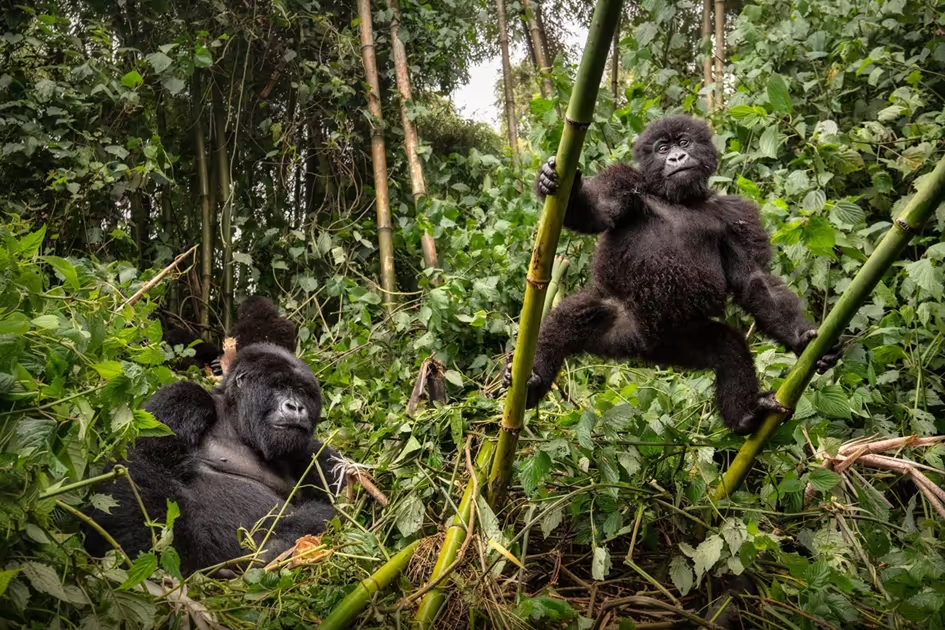
Things to Consider Before Planning Your Ecotour Adventure
Let us now plan a sustainable ecotourism mission for our reading adventurers. First of all, careful planning of such adventures is essential. Only through conscious and mindful choices, the adventurer can successfully reduce his carbon footprint while increasing the chances of leaving a positive impact on the tourist spot. So, questions like where to go, options for getting there, and where to stay should be planned extensively.
Choosing locations that put environmental preservation and heritage conservation foremost is the first step in organizing a sustainable adventure. Seek out locations with well-established ecotourism programs, protected areas, and environmentally friendly travel strategies. There are innumerable locations worldwide that provide chances for meaningful experiences and ethical investigation, from isolated areas of wilderness to community-managed areas.
After deciding on someplace to go, the next thing to consider is the place to stay. Selecting environmentally friendly lodging choices, such as eco-lodges and green hotels, can drastically lessen the impact of your trip on the environment. Seek out lodgings that use sustainable measures, like reducing trash, conserving energy and water, and aiding the neighborhood. In addition to providing distinctive experiences like organic farm-to-table dining out, wildlife witnessing, and immersive cultural activities, many eco-friendly facilities also provide other experiences.
And finally, a key component of sustainable travel is means of transport. Adopting minimal-impact modes of transport, including walking, cycling, or public transit, can significantly lessen the ecological impact of your trip. If it is necessary to fly, consider using credible carbon credit schemes to help offset your carbon footprint. Visiting during the off-season, carrying light luggage, and choosing direct flights are further ways to lessen your influence on the environment.
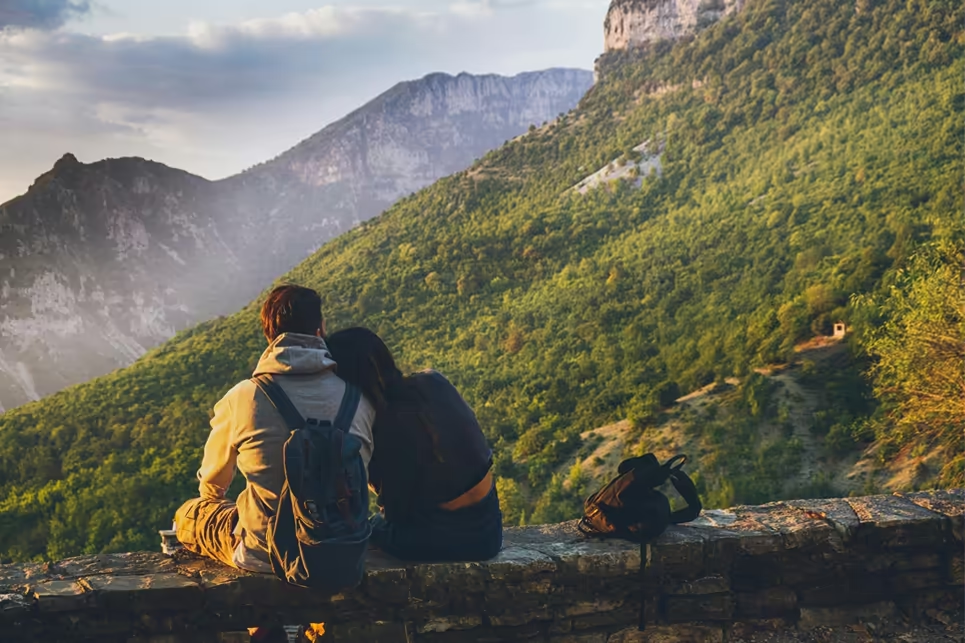
Tips and Tricks for the Adventurer for Ecotourism
Selecting eco-friendly travel and lodging is not the only thing involved in starting a sustainable journey. It also includes making responsible decisions along the way. Here are a few key tips to assist you limit your travel-related ecological impact and promote eco-friendly travel activities.
- Make sure that you pack effectively and strategically for the trip. Select reusable, long-lasting equipment to decrease the amount of disposable products you must carry on your journey. To cut down on garbage, utilize disposable utensils, food containers, and water bottles. To reduce the amount of single-use plastic, carry eco-friendly bathroom supplies and private care items in recyclable packaging.
- Encouraging ecotourism involves preserving or possibly improving the original state of ecological systems. Whenever you travel, use the “Leave No Trace” mindset to lessen your influence on ecological systems that are endangered. Resist feeding and interfering with creatures and look at them from some distance out of compassion. Also, to avoid degradation and damage to the plants, stick to the established pathways. Make sure that you dispose of garbage, even organic substances like food leftovers. This way, you can help preserve the ecological diversity and organic beauty of the locations by leaving nothing behind.
- Being able to interact with local people and communities is one of the most fulfilling parts of ecotourism. By connecting with local businesses, skilled artisans, and guides, you can help the indigenous community with ecotourism projects. Select hotels, eateries, and travel agencies that are owned by locals and value ethical business practices.
Ecotour Activities and Experiences
Sustainable travel adventures and excursions provide environmentally conscious adventurers the chance to get close to the environment, benefit the local economies, and aid in conservation initiatives. These activities range from contributing to and safeguarding the environment; to witnessing animal sanctuaries. They offer worthwhile opportunities to interact with our surroundings and have a beneficial influence.
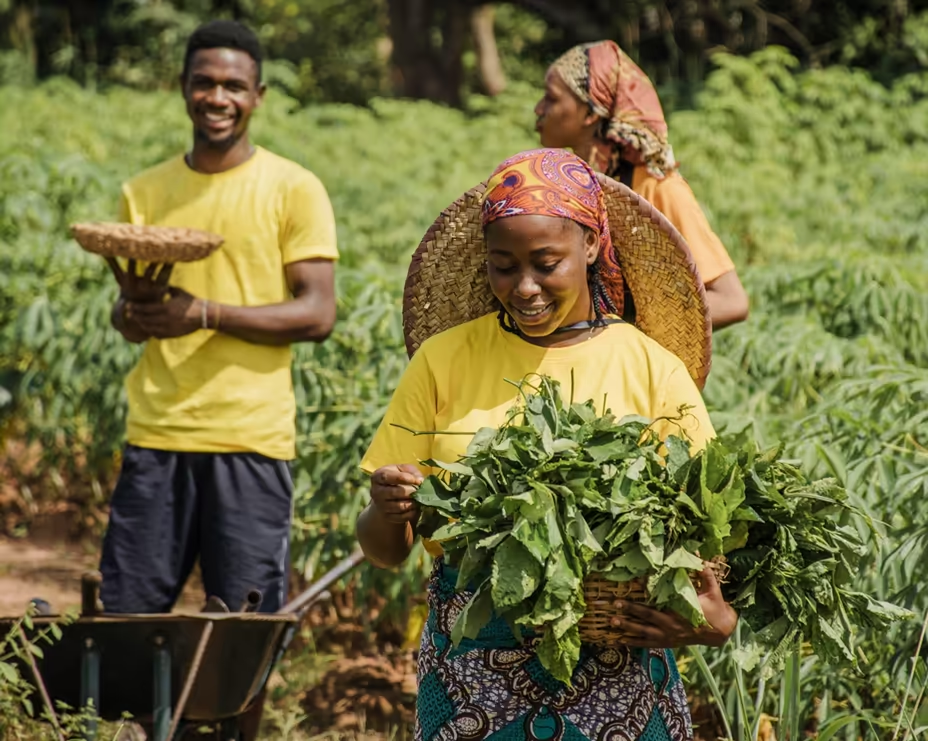
Eco-tours offer adventurers thrilling experiences through an opportunity to experience nature for educational purposes. Accompanied by experienced locals, these excursions provide an understanding of the area’s ecological and historical legacy while emphasizing sustainable initiatives and encouraging ethical travel behaviors. It involves activities such as kayaking through mangrove forests, trekking to isolated waterfalls, and diving in clean coral reefs. These eco-tours let adventurers discover a variety of habitats and develop a greater awareness of the connections of all living things. Through practical encounters and engaging in learning experiences, eco-tours motivate adventurers to take up the cause of sustainable travel and environmental preservation.
Protected regions and sanctuaries for wildlife serve as vital habitats for ecological systems and as safe havens for threatened species. Through conscientious exploration of these wildlife sanctuaries, adventurers may take in the richness that nature has to offer. Experienced environmentalists offer guided trips that provide a chance to safely see animals and hear about initiatives to preserve their habitats. This can establish a remarkable connection between the adventurers and the wildlife. This can also result in the adventurers’ participating in activities like birding in tropical rainforests or tracking big cats in African savannas.
Participating in environmental conservation provides a special chance for adventurers looking for a more involved and direct way to impact the fight to save the environment. Volunteers are essential to conservation efforts worldwide, helping with anything from reforestation and planting trees to wildlife monitoring and scientific study. Moreover, volunteering for ecological preservation causes enables adventurers to directly support conservation efforts while acquiring essential abilities and knowledge for sustainable development. Examples of conservation volunteering include working for a week at a sea turtle hatchery in Costa Rica or taking part in a community-based forest restoration project in Borneo.
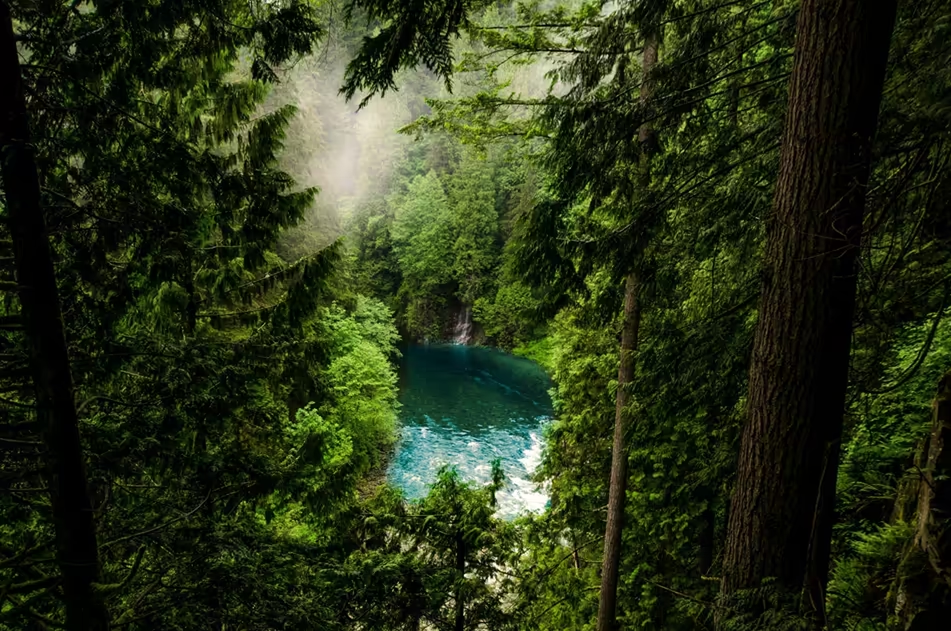
Hence, adventurers can learn about ecological initiatives, establish a beneficial effect on the ecosystem and the community at large, and relate with nature through eco-friendly interactions and activities. Additionally, adventurers can make lasting memories and leave a sustainable legacy for the next generation to cherish by welcoming these memories.
Overcoming Challenges in Ecotourism
Regardless of its enormous potential to improve the ecosystem and local groups of people, ecotourism does not come without its difficulties. Overcoming these obstacles calls for creative thinking and teamwork.
Finding an appropriate compromise between efforts to preserve the environment and a surge of tourists is one of the core problems of ecotourism. Increased tourism raises the possibility of detrimental effects on delicate biological and ecological habitats. Putting in place carrying capacity restrictions, creating conservation areas, and encouraging eco-friendly tourism methods like mindful wildlife viewing and low-impact behaviors are some ways to deal with this problem. Through the strategic alignment of sustainability goals with tourism prospects, places may effectively address stress and ensure the long-lasting functionality of ecotourism endeavors.
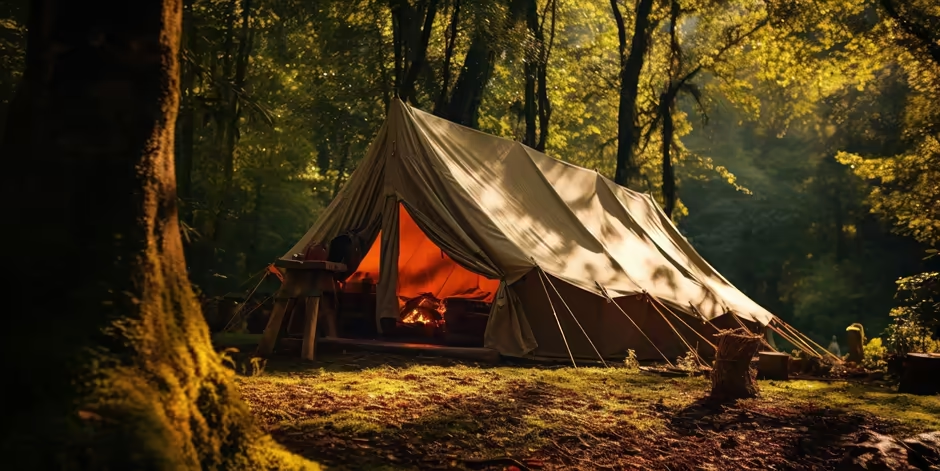
Overtourism is a major concern to ecotourism locations globally. This is because it is characterized by overpopulation, ecological harm, and cultural unrest. Tourism administrators need to put in place efficient tourist management strategies to deal with this issue. This can entail setting visitor caps and putting booking mechanisms in place for prominent destinations. Additionally, broadening the range of tourism activities by spreading out visits over several locations, and encouraging travel during off-peak times. Sites can ensure that ecotourism continues to be an inspiration for sustainability and community building by being vigilant in addressing the challenges associated with tourism.
Ecotourism essentially depends on the decisions and activities made by a single adventurer. Campaigns for promotion and understanding are essential in encouraging travelers to travel responsibly and developing a sustainable travel ethos. The significance of preservation, respect for culture, and responsible behavior when traveling can be brought to the public’s attention through education campaigns, local outreach projects, and collaborations with stakeholders throughout the region. Awareness initiatives can have an advantageous knock-on effect on the ecotourism sector by enabling adventurers to make informed choices and motivating them to reduce their ecological footprint.
Future of Ecotourism
Many significant variables come to light when we consider the prospects of ecotourism. The aspects that are going to influence how this sustainable travel sector develops. With the help of regulatory frameworks and programs, innovations in technology, and adventurer control, ecotourism has a bright future ahead of it that will hopefully be a lot more sustainable and green.
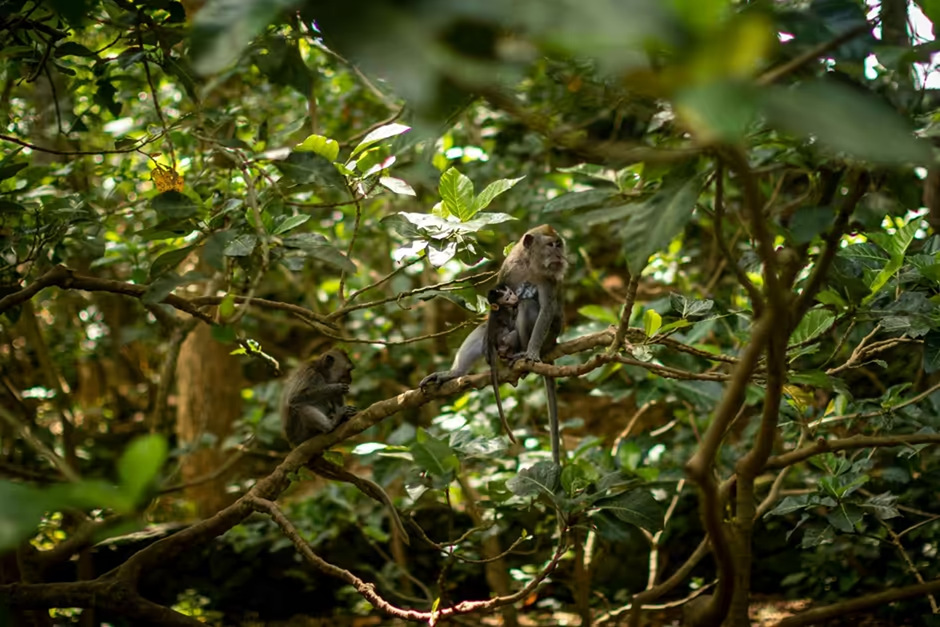
Traveling is still being revolutionized by technology, and ecotourism is not an exemption. Traveling sustainably will be shaped in large part by technological developments, which range from the creation of sustainable hotel choices to improvements in environmentally friendly modes of transport. Technology is bringing about beneficial improvements in the ecotourism business with innovations like electric automobiles, renewable energy options for lodges and hotels, and online services for ecologically concerned guests.
State rules and policies often aid initiatives about ecotourism. Governments can foster an atmosphere that is conducive to the growth of ecotourism by passing policies such as creating ecological reserves and protected territories. Also, instituting ecotourism accreditation and criteria can be a game changer. Furthermore, businesses and localities can be encouraged to embrace sustainable methods and engage in the development of ecotourism through loans, tax reductions, and monetary incentives. Governments may support the development of ecotourism while preserving the environment and historic sites by collaborating with interested parties and implementing sustainable policies.
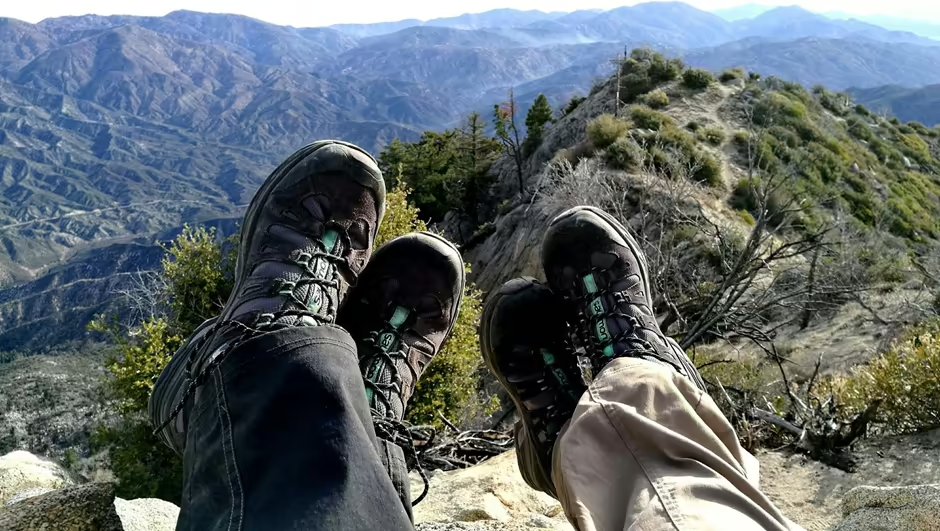
Ecotourism’s viability largely relies on individual tourists’ decisions and deeds. Encouraging adventurers to make sustainable and responsible decisions is essential to the lasting success of ecotourism projects. Encouragement to reduce the ecological impact and help local communities comes from awareness and education campaigns, eco-certifications for hotels and travel agencies, and social participation initiatives.
Conclusion
Your commitment to responsible adventure can inspire others to follow in your footsteps. By sharing your experiences and spreading awareness about the benefits of ecotourism, you can empower fellow adventurers to make more sustainable choices and contribute to positive environmental and social change. Together, we can create a ripple effect of responsible travel behavior that leads to a greener and more sustainable future for all.
As you embrace ecotourism as a lifestyle, remember that your journey towards sustainable travel is ongoing. Continue to seek out eco-friendly destinations, support local communities, and minimize your environmental footprint wherever you go. By integrating sustainable practices into your everyday life and inspiring others to do the same, you can contribute to a more sustainable and harmonious relationship with our planet. Together, let’s continue the journey towards a greener tomorrow through the power of ecotourism.
To learn more about tourism, click here.


